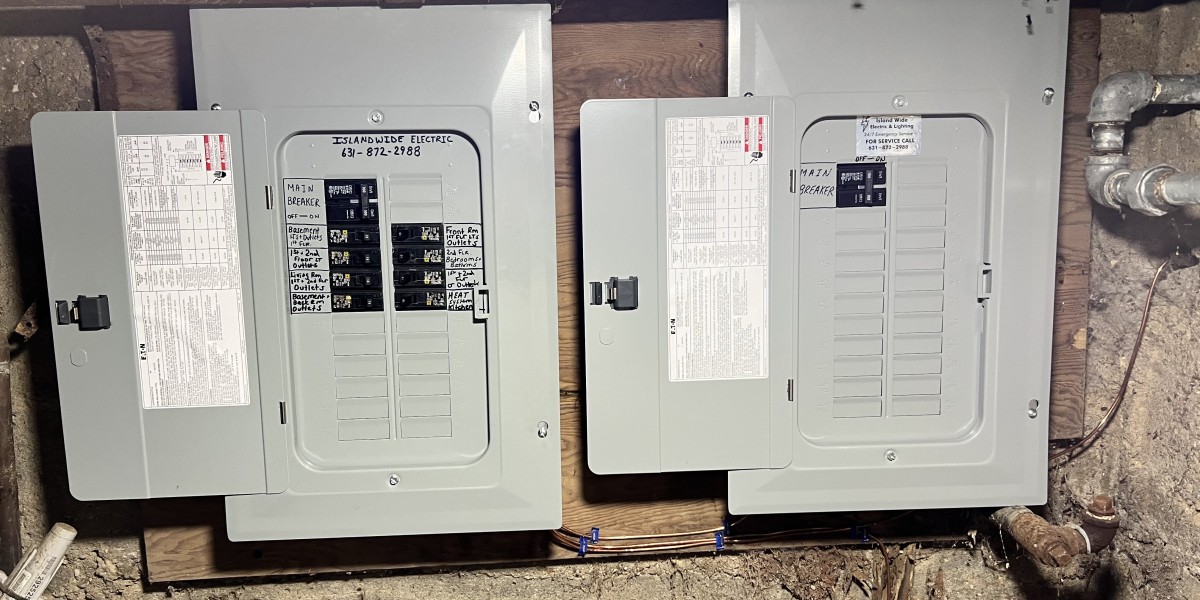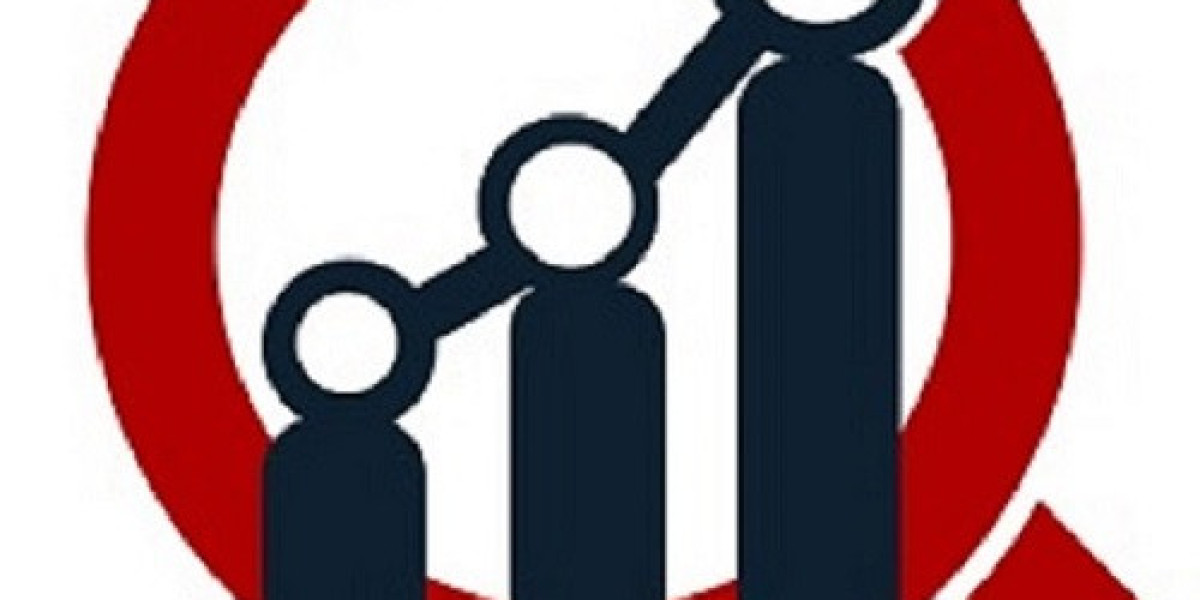When it comes to maintaining a safe and secure home, homeowners often focus on visible aspects such as roofing, plumbing, and landscaping. However, one of the most critical systems that often goes overlooked is the electrical system. Electrical inspections are essential for ensuring the safety and efficiency of your home’s electrical infrastructure. Additionally, understanding how electrical inspections relate to homeowners' insurance is equally important. This article aims to delve into the significance of electrical inspections, their impact on insurance coverage, and what homeowners should be aware of to protect their investments effectively.
The Importance of Electrical Inspections
Electrical inspections are a proactive approach to identifying potential hazards in a home’s electrical system. According to the National Fire Protection Association (NFPA), electrical failures or malfunctions are responsible for approximately 47,700 home structure fires annually, leading to significant property damage and loss of life. Regular inspections can help detect issues such as outdated wiring, overloaded circuits, and faulty outlets before they escalate into dangerous situations. A qualified electrician is trained to assess these systems and identify code violations, which can also affect the safety of your home.
How Electrical Inspections Relate to Homeowners Insurance
Homeowners insurance is designed to protect against various types of damage, including those resulting from electrical issues. However, many homeowners are not aware that their insurance policy may require proof of a recent electrical inspection to cover certain claims. For example, if a fire occurs due to faulty wiring and the homeowner cannot provide evidence of an inspection, the claim may be denied. This means that conducting regular inspections is not only a matter of safety but also a vital part of ensuring that your insurance coverage remains valid.
What Homeowners Should Expect During an Electrical Inspection
Understanding what to expect during an electrical inspection can help homeowners prepare effectively. A qualified electrician will typically evaluate various components of the electrical system, including the service panel, wiring, outlets, switches, and grounding systems. They will also check for compliance with local codes and regulations, ensuring that the installation meets safety standards.
Common Electrical Issues Found During Inspections
Several common electrical issues can emerge during inspections that homeowners should be aware of. One frequent problem is outdated wiring, particularly in homes built before the 1980s when aluminum wiring was commonly used. Aluminum has a higher risk of overheating compared to copper, which can lead to fires. Another issue often identified is improper grounding, which can pose risks of electric shock and equipment damage.
Cost of Electrical Inspections
The cost of an electrical inspection can vary widely based on location, the size of the home, and the complexity of the electrical system. On average, homeowners can expect to pay between $150 to $500 for a comprehensive inspection. While this might seem like a considerable expense, it is essential to view it as an investment in safety and peace of mind. The cost of electrical repairs or the potential loss from a fire can far exceed the expense of an inspection.
Conclusion
Electrical inspections are a critical aspect of home maintenance that should never be overlooked. With the potential for severe safety hazards and implications for homeowners' insurance, regular inspections can provide peace of mind and financial protection. Understanding the importance of these inspections, what to expect, and the common issues that may be identified can empower homeowners to take proactive steps in safeguarding their homes.



